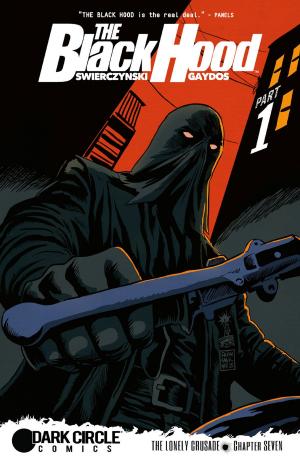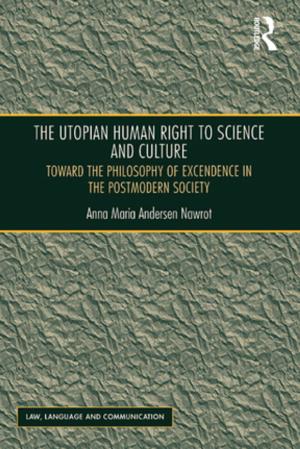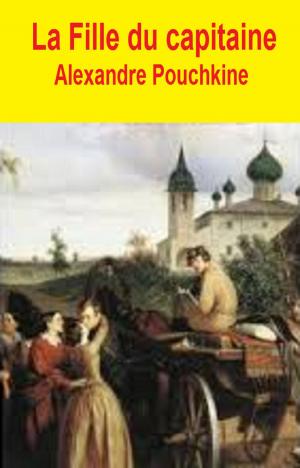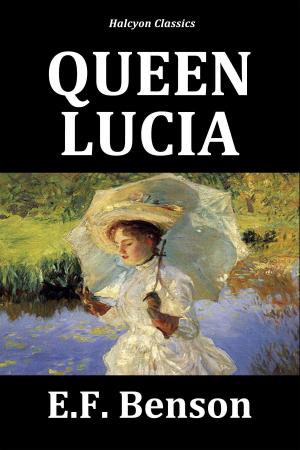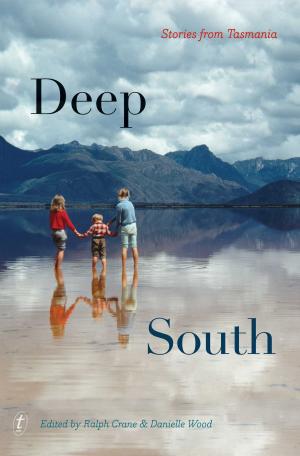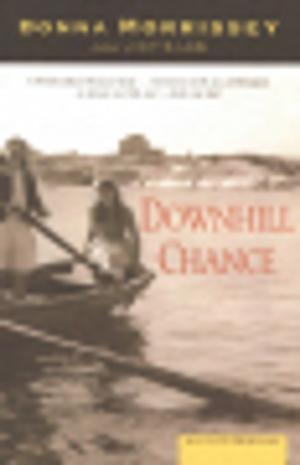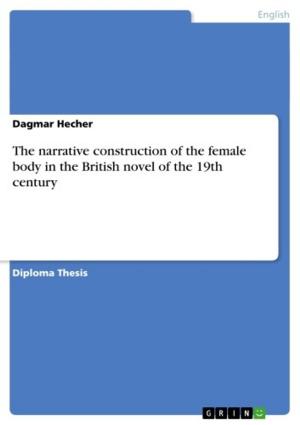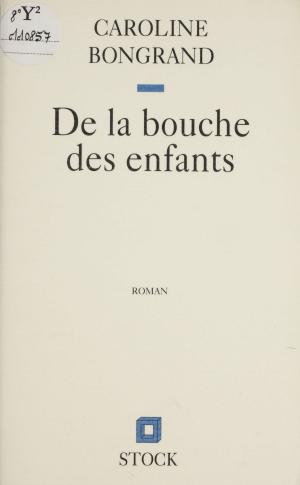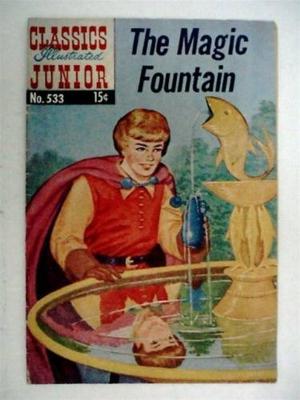| Author: | Louise Farmer Smith | ISBN: | 9781611874488 |
| Publisher: | Louise Farmer Smith | Publication: | April 10, 2012 |
| Imprint: | Language: | English |
| Author: | Louise Farmer Smith |
| ISBN: | 9781611874488 |
| Publisher: | Louise Farmer Smith |
| Publication: | April 10, 2012 |
| Imprint: | |
| Language: | English |
The House After It was Leveled, the first story of this novel in stories, opens in Chisom, Oklahoma, in 1960 with Alice Brady, wife, mother, and good Methodist, collapsed under the weight of a severe depression. A lifetime of silence and suppressed anger has finally overcome this strong woman. This story is told from the point of view of Alices nineteen-year-old daughter, Patricia, who has to piece together evidence from family lore and overheard conversations to understand why her parents, the short-fused Cecil Brady, and the conflict-phobic Alice, chose each other. At the end of this first story Patricias twelve-year-old brother, Ernest, asks her to explain their parents marriage. Ernests question begins the pattern of this book which doesnt provoke the reader to ask what happens next so much as to ask, what happened in the past that overcame all good sense to influence the marriage decisions of the women in this family. Alice Bradys choice of a mate is dramatized in the next story, Woodpecker, set in Depression ravaged Oklahoma where Alice and Cecil, both college students working to help their financially strapped parents, meet and fall in love. In spite of her crushing disappointment in Cecil Brady, the result of a dinner with his graceless family, Alice sees him as a much better catch than her gentle, poetic, useless father. Alices parents marriage is illuminated in the third story, The Investment in Lillian Gish in which poverty calls for heart-breaking sacrifices not only from the parents, Victoria and Dan, but from eight-year-old Alice herself. Alices mother Victoria had a choice of suitors, but, having lived under the weighty cloud of her own mothers hurried death, Victoria remains true to her mothers advice to choose a man who will talk with you. She chose Dan, a well-read and affable man who was unable to support his family but who possessed the gentleness her own boorish and brutal father lacked. But why was Dan unwilling to teach school, the work for which he was educated? In the fourth story, Return to Lincoln, Dan, an eleven-year-old only child, pioneering with his parents in Oklahoma Territory, discovers his manic-depressive, Quaker mother attempting to hang herself. These are Patricias great grandparents on her grandfathers side, and the horror of young Dans experience in witnessing his father chain up his mother for the long wagon journey back to an asylum in Nebraska, has rained down the generations. Patricias great grandparents on her grandmothers side married in North Carolina in 1870 in the desperate aftermath of the Civil War. In The Luckiest Little Thing in the World Victoria, tells the story of how her father, Gilbert, rescued her mother, a sixteen year old orphan. Gilbert, a high-roller, who is buying up the land of impoverished planters, marries the pretty girl and stops at nothing to ascend into Ashville society. In the last story, The Dress, Patricia returns in 1970 to her hometown for her own wedding to a sweet jazz musician, who is very unlike her angry father, Cecil, and a little reminiscent in his careless lack of ambition of her grandfather, Dan. Soon after arriving at the church, Patricia realizes that she has left her wedding dress back at her parents house. The arrival of a her beautiful younger sister, heavily made up to cover a black eye, accelerates Patricias letting go of denial about her family. With a loving hand her mother hurries to prepare her for the ceremony. Her father, wearing his dress uniform, waits at the sanctuary door to see her down the aisle. The pressure to go through with the ceremony mounts as she faces the subconscious but determining forces that have compelled the marriage choices in her family.
The House After It was Leveled, the first story of this novel in stories, opens in Chisom, Oklahoma, in 1960 with Alice Brady, wife, mother, and good Methodist, collapsed under the weight of a severe depression. A lifetime of silence and suppressed anger has finally overcome this strong woman. This story is told from the point of view of Alices nineteen-year-old daughter, Patricia, who has to piece together evidence from family lore and overheard conversations to understand why her parents, the short-fused Cecil Brady, and the conflict-phobic Alice, chose each other. At the end of this first story Patricias twelve-year-old brother, Ernest, asks her to explain their parents marriage. Ernests question begins the pattern of this book which doesnt provoke the reader to ask what happens next so much as to ask, what happened in the past that overcame all good sense to influence the marriage decisions of the women in this family. Alice Bradys choice of a mate is dramatized in the next story, Woodpecker, set in Depression ravaged Oklahoma where Alice and Cecil, both college students working to help their financially strapped parents, meet and fall in love. In spite of her crushing disappointment in Cecil Brady, the result of a dinner with his graceless family, Alice sees him as a much better catch than her gentle, poetic, useless father. Alices parents marriage is illuminated in the third story, The Investment in Lillian Gish in which poverty calls for heart-breaking sacrifices not only from the parents, Victoria and Dan, but from eight-year-old Alice herself. Alices mother Victoria had a choice of suitors, but, having lived under the weighty cloud of her own mothers hurried death, Victoria remains true to her mothers advice to choose a man who will talk with you. She chose Dan, a well-read and affable man who was unable to support his family but who possessed the gentleness her own boorish and brutal father lacked. But why was Dan unwilling to teach school, the work for which he was educated? In the fourth story, Return to Lincoln, Dan, an eleven-year-old only child, pioneering with his parents in Oklahoma Territory, discovers his manic-depressive, Quaker mother attempting to hang herself. These are Patricias great grandparents on her grandfathers side, and the horror of young Dans experience in witnessing his father chain up his mother for the long wagon journey back to an asylum in Nebraska, has rained down the generations. Patricias great grandparents on her grandmothers side married in North Carolina in 1870 in the desperate aftermath of the Civil War. In The Luckiest Little Thing in the World Victoria, tells the story of how her father, Gilbert, rescued her mother, a sixteen year old orphan. Gilbert, a high-roller, who is buying up the land of impoverished planters, marries the pretty girl and stops at nothing to ascend into Ashville society. In the last story, The Dress, Patricia returns in 1970 to her hometown for her own wedding to a sweet jazz musician, who is very unlike her angry father, Cecil, and a little reminiscent in his careless lack of ambition of her grandfather, Dan. Soon after arriving at the church, Patricia realizes that she has left her wedding dress back at her parents house. The arrival of a her beautiful younger sister, heavily made up to cover a black eye, accelerates Patricias letting go of denial about her family. With a loving hand her mother hurries to prepare her for the ceremony. Her father, wearing his dress uniform, waits at the sanctuary door to see her down the aisle. The pressure to go through with the ceremony mounts as she faces the subconscious but determining forces that have compelled the marriage choices in her family.

